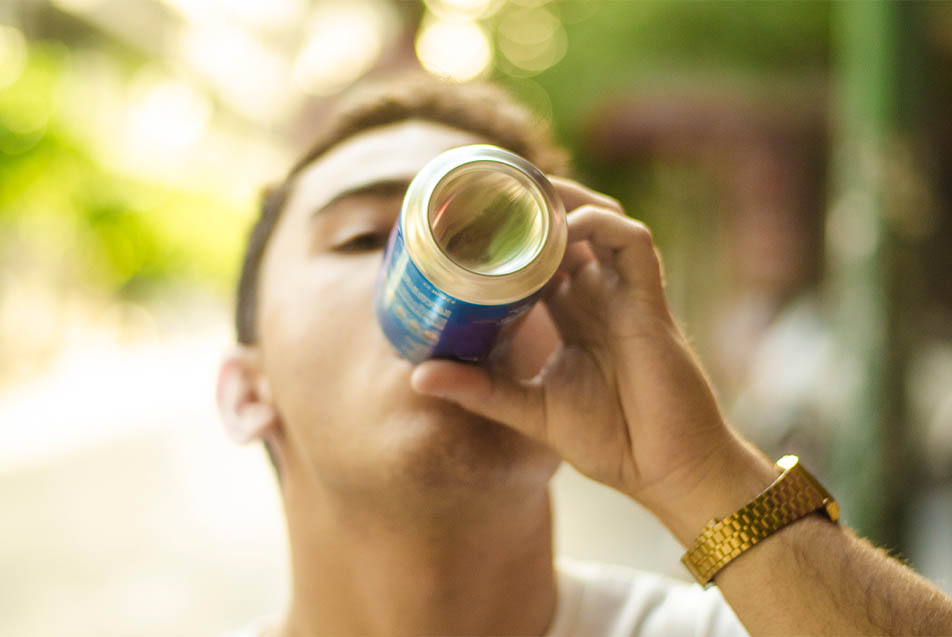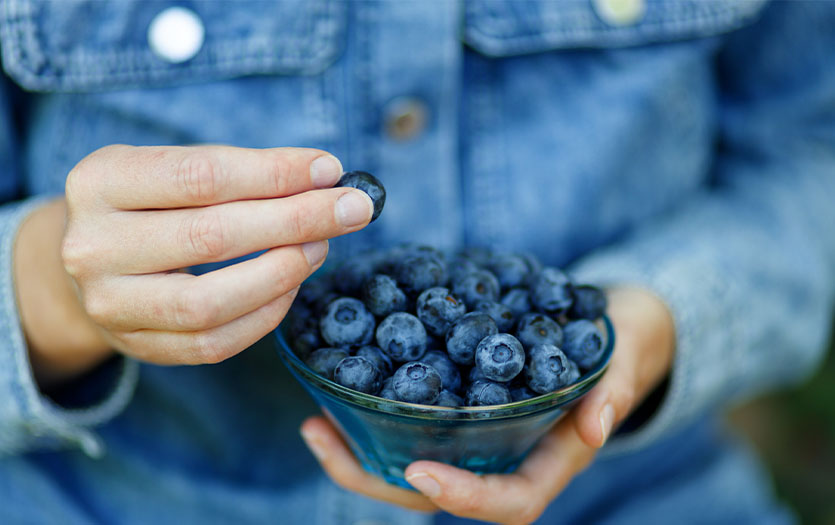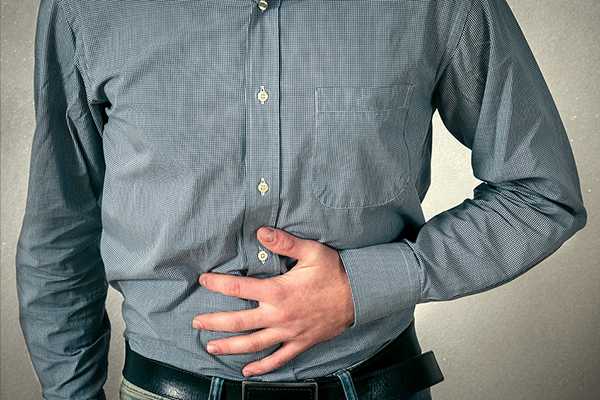
This post was written by Timothy Kowaleski, DO, PPG – Psychiatry.
In the last few years, we’ve seen changes in trends associated with alcohol consumption. One of the shifts that stands out, is an increase in the production and consumption of non-alcoholic drinks. Specifically, an increase of roughly 44% in non-alcoholic drinks among all generations, per Nielsen, who monitors consumer habits.
Who is consuming non-alcoholic drinks?
Many of these individuals are just looking for a way to have an adult drink, without the risks or consequences associated with drinking alcohol. While this behavior is fine for some, things are a little more complicated in regard to those with a substance use disorder.
I believe that many people with substance use disorders have tried these drinks before, but there is currently not much data demonstrating exactly how many or how much. What we see clinically, is that many individuals with alcohol issues have tried multiple tactics for controlling their drinking, such as switching from liquor to beer. Introducing non-alcoholic beverages is another such tactic.
Non-alcoholic drinks and triggers
So, what happens to an individual with an alcohol use disorder when they drink non-alcoholic drinks? To address this, we must first discuss triggers, which play a large role in keeping people in active substance use. By definition, a trigger is something "to cause an intense and usually negative emotional reaction in (someone)."
One of the issues with active substance use is that we use substances to cope. Usually, some event at some time causes the individual to start using a substance to cope with life. It could be the stress from being a perfectionist, a bad divorce, stress from work or even the isolation associated with COVID. At some point in time the individual crosses a line and needs the substance to get through life. When someone encounters a trigger, and the emotions associated with that trigger arise, if the individual has not learned a different way to cope, it can be very difficult to not fall back into old habits.
That being said, a common trigger for a lot of individuals is the taste of alcohol. One of my mentors once said, "Non-alcoholic drinks are for non-alcoholics," and I agree with this statement overall. It would be very difficult for an individual that would drink a case a beer a day, to drink non-alcoholic beer and not go back to the alcoholic option.
Do I have a substance use problem?
If you or someone you know is questioning if you have a substance use problem, consider what ramifications your consumption is causing. Those with substance use issues typically continue to use in the face of negative consequences. Is your alcohol consumption causing strain on your relationships, your work or your well-being? It’s important to be honest with yourself.
When referring to alcohol consumption specifically, individuals are typically at risk if they are consuming more than five drinks in a single setting, or for men, more than 14 servings per week or, for women, more than 7 servings per week.
If you are concerned about your ability to control your alcohol consumption, we are here for you. Getting help from Parkview Behavioral Health is easy. For an initial screening, call the HelpLine at 260-373-7500 or 800-284-8439, anytime 24 hours a day. Experienced specialists are available to guide you to the appropriate level of care – or resources – for your situation.



